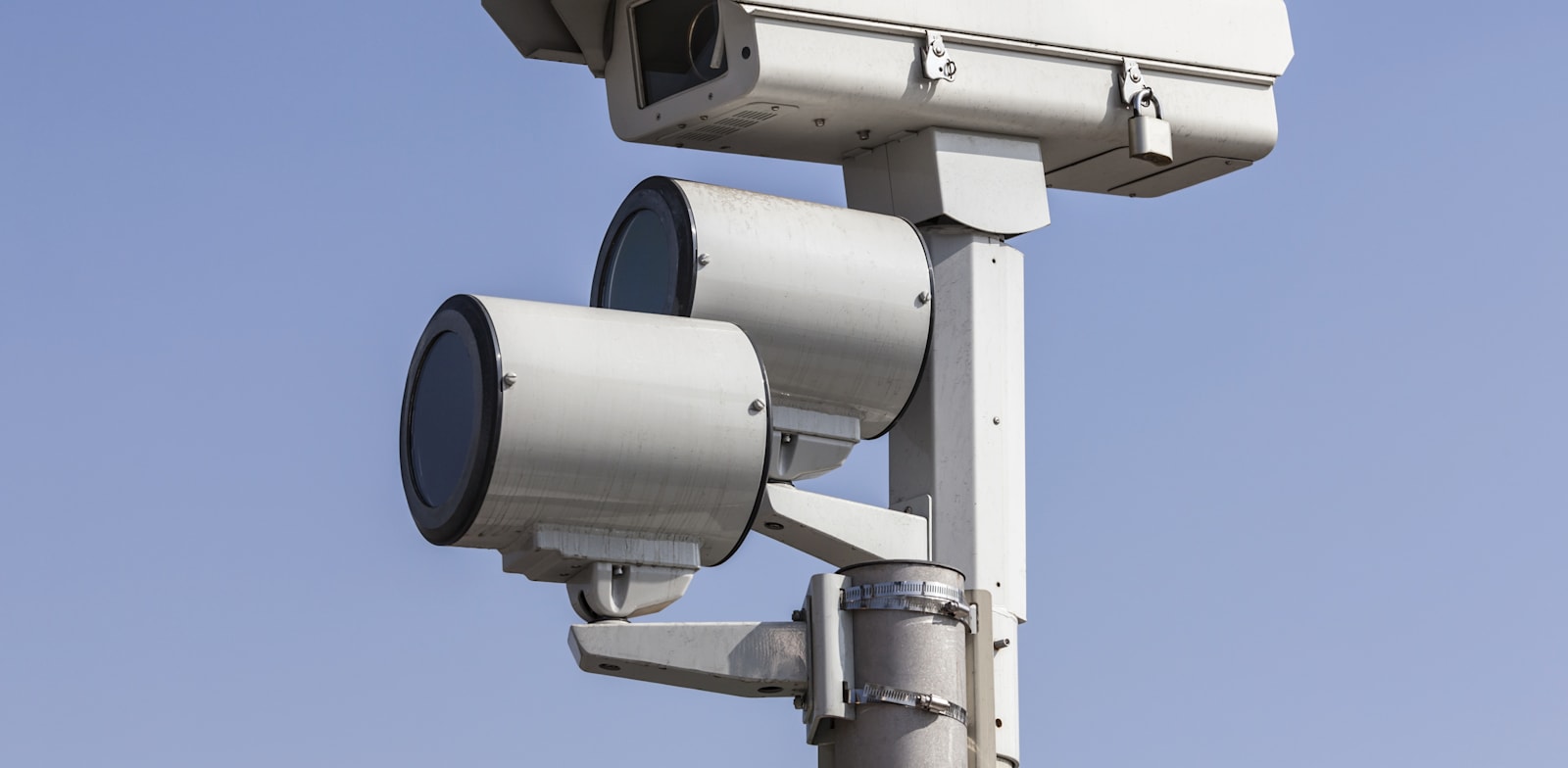
Israel Police is preparing to begin testing and applying one of the world’s most advanced traffic violation enforcement systems. The system will include extensive use of sensors deployed along Israel’s roads that will stream information to an advanced central processing computer based on AI software capable of extracting data from the sensors, automatically analyzing videos and producing tickets for offenses.
Israel Police deputy head of the planning division Deputy Superintendent Yigal Haddad, responsible for implementing the plan says that it has been in the works for the past two years and aims to make the production of tickets for traffic violations into a computerized process.
He said, “Currently 80% of enforcement tickets are the product of an interaction between a police officer and a civilian and only a small number are produced from cameras. The aim is to change this ratio in the future and bring about a situation in which most of the tickets are produced completely digitally, freeing up the police to handle other routine police tasks.”
The tickets will be produced within minutes and will include documentary evidence
With the operation of the system, wireless data from the traffic sensors and stationary and mobile smart cameras will be streamed, which will document violations and be transmitted in real time to the control center for computerized decoding. The tickets will be produced within a few minutes and shorten the time to which the drivers will receive them.
The aim is to digitally enforce through sensors and artificial intelligence analysis, not only speeding offenses and running traffic lights, as is already done today, but also offenses that are more complex for police officers to detect. These include crossing a white line, driving while using a phone, not giving the right of way at a pedestrian crossing, and more.
The digital traffic tickets that will be produced for drivers committing violations will include video documentation of the offense including a link to the video clip. According to Deputy Superintendent Haddad the aim is, “To improve fairness and transparency of the process,” for those receiving the tickets. As part of the project, in the first stage, the police are undertaking testing for the reliability of the system to ensure validity before the traffic courts. This follows the lessons learned from the successful appeals against the legal validity of the current A-3 camera system, which is being phased out.
The use of AI for automatic video analysis is currently accepted mainly in surveillance systems in the field of internal security and enables analysis of very large amounts of data. According to data produced in Las Vegas, one of the first urban areas in the world to implement AI-based automatic enforcement systems, in the first year of operation there was an 18% decrease in accidents and a 43% decrease in journeys over the permitted speed.
The first pilot will begin on the Arava highway
The control center is being developed by the Israel Police ICT division and the sensors will be manufactured by international companies that build similar systems abroad. The first pilot, which will begin next year, will include the implementation of advanced enforcement systems as part of the project to upgrade Road 90 (the Arava Highway), which is being carried out by the Ministry of Transport and NTA Metropolitan Mass Transit System Ltd. with a budget of NIS 110 million.
The system will dramatically increase the number of tickets
As part of the project, a “smart road” infrastructure will be set up along the highway, with a connection network of wireless control cameras. The cameras will be able to identify vehicle license numbers day and night, in all weather conditions, and measure the average speed of passing vehicles by calculating the time the vehicle passes between two cameras. This method is currently gaining popularity in Europe and the US and according to data abroad, it increases the number of tickets issued dramatically.
With the new system, a driver who is not aware of the existence of the sensors and cameras could theoretically receive several speeding tickets and accumulate dozens of penalty points during just one journey.
Published by Globes, Israel business news – en.globes.co.il – on December 8, 2022.
© Copyright of Globes Publisher Itonut (1983) Ltd., 2022.